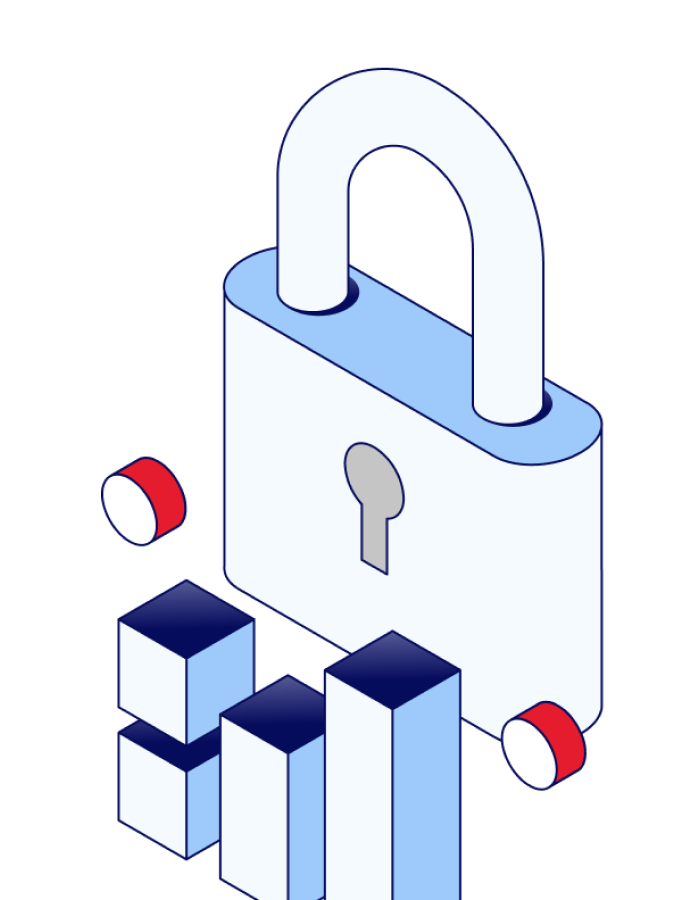What is i-ETF?

“Never put all of your eggs in one basket.”
One of the most well-known rules for investors across the globe, any experienced investor who has achieved some degree of success in investing would preach the importance of portfolio diversification.
Investors see Exchange Traded Funds, also known as ETFs, as one of the most innovative financial products. Consisting of only the best open-ended funds and listed stocks traded on an exchange (such as Bursa Malaysia), ETFs are frequently compared to old-fashioned mutual funds, with the only major difference being that ETFs are listed on the stock market.
ETFs are sold on an exchange as baskets of securities and are traded throughout the day at prices that fluctuate based on the laws of supply and demand. They are referred to as collective investment schemes since they consist of a spread of asset classes such as equities, bonds, and commodities. ETFs combine the benefits of funds and shares, resulting in a more holistic security.
Shariah-compliant Exchange Traded Funds (i-ETF)

Conventional ETF and Shariah-compliant ETF differ mainly by their benchmark index tracking. An i-ETF benchmark index tracking would only track constituents of the index that are from Shariah-compliant securities - it is not permissible to track Shariah non-compliant securities. i-ETF are scrutinised carefully to ensure that Shariah principles and Shariah-compliant investment guidelines are followed. As such, the operation process of an i-ETF is overseen by a Shariah Board, with the committee of advisors conducting regular audits and reviews to uphold the correct practices.
In order to be qualified for the i-ETF, all funds must go through a Shariah screening process following the methodology stated by the Shariah Advisory Council (SAC) of Securities Commission Malaysia. Periodic monitoring is necessary in case of any significant corporate changes such as mergers and acquisitions, delisting, and even bankruptcy, all of which will affect an i-ETF. The screening and monitoring process also includes purification. Purification is the process of identifying and separating Shariah non-compliant income before donating it to charity.
How to invest in i-ETF?
i-ETFs are available to investors just like how they would buy shares of a company: bought with the help of stockbrokers throughout the day on an exchange market. Most i-ETF providers offer a wide variety of assets, including stocks, bonds, commodities, and currencies.

Bursa Malaysia currently has six i-ETF listed and traded on the exchange:
- MyETF Dow Jones Islamic Market Malaysia Titans 25 (MyETF-DJIM25)
- MyETF Dow Jones US Titans 50 (MyETF-US50)
- MyETF MSCI Malaysia Islamic Dividend (MyETF-MMID)
- MyETF MSCI South East Asia Islamic Dividend (MyETF-MSEAD)
- MyETF Thomson Reuters Asia Pacific ex-Japan Islamic Agribusiness (MyETF-AGRI)
- Trade Plus Shariah Gold Tracker (GOLDETF)
Why invest in i-ETF?
Put simply, i-ETFs are relatively similar to unit trusts, the main difference being that they are listed and traded on a stock exchange. With this difference, investors tend to feel more comfortable investing in an i-ETF as its constituencies replicate the performance selected Shariah-compliant market index.
Here are more reasons why investors prefer to invest in i-ETF:
i.i-ETFs are cost-effective
Investors have the opportunity to have a stake in a cost-effective future investment in which most of the funds are passively managed with a considerably low management fee.
ii.i-ETFs are transparent
All i-ETF pricing is easily accessible and available throughout the trading day. In addition, the fund manager’s website will have updated information such as daily fund value and quarterly reports for i-ETF.
iii.i-ETFs are widely diversified
Investors are given the right amount of exposure to companies that make up the tracked index by simply investing into one unit of an i-ETF.
iv.i-ETFs are flexible and liquid
Investors have increased accessibility through online trading and stockbrokers. Investors can trade i-ETF any time throughout the day at their current market price and have access to the price as it is listed on Bursa Malaysia''s main market.

Whilst it is important to understand the advantages that investors can benefit from, it is equally as crucial to bear in mind some of the risks and potential drawbacks that can arise from investing in i-ETF.
Some factors to consider before investing i-ETF:

- Although the trading flexibility of i-ETF encourages frequent trading, this can possibly result in mistiming the market and trading at a wrong time.
- Most brokerages incur commission fees. For this reason, i-ETF may better suit for buy-and-hold investors.
- Every now and then, some i-ETF may have distributed taxable capital gains as fund managers need to buy or sell stocks in order to match underlying benchmarks
Most i-ETFs are classified as passively managed investments. Investors should carefully weigh the benefits against the risks before investing in i-ETFs. While i-ETFs tend to be less volatile than conventional ETFs, it is your responsibility as an investor to conduct research or speak to a financial professional to have a full understanding of the potential upsides and risks. An i-ETF being low in cost does not necessarily mean its value will increase with a longer investment horizon. Additionally, certain i-ETF can be less diverse, therefore resulting in less returns. Hence, perform your due diligence and make that informed decision.
Related Quizzes









